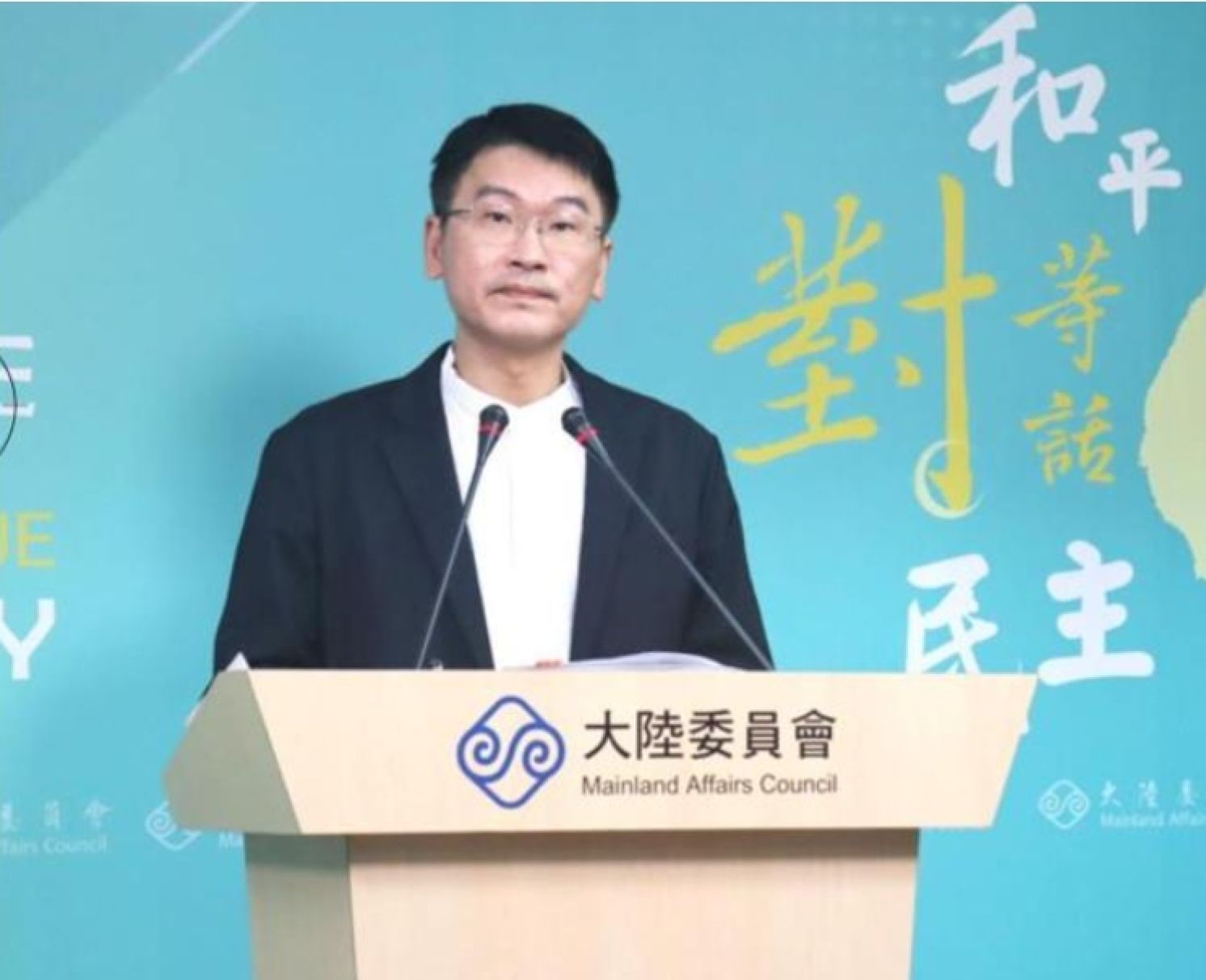
Reporting Mailbox on Taiwan Independence May Deepen Internal Divisions, Liang Has Grounds to Worry
United Daily News, August 9, 2024
In late June, mainland China enacted new regulations targeting Taiwan independence advocates, heightening internal divisions in Taiwan. On August 7, the Taiwan Affairs Office (TAO) of the mainland’s State Council announced an e-mail address for reporting pro-independence individuals, alongside a list of 10 "diehard" Taiwan independence supporters. The move aims to encourage reporting from both within Taiwan and abroad, raising fears that it may further polarize Taiwan's society.
The second article of the "Opinions on Punishing Taiwan Independence Elements" lists five behaviors related to splitting the country (i.e., Taiwan independence). Among them, the fourth item, which is most relevant and broad for the general public, mentions: using one's position to widely distort or alter the fact that Taiwan is a part of China in education, culture, history, and media, or suppressing parties, groups, or individuals that support peaceful cross-strait relations and national unification.
This means that the newly added "reporting inbox" by the Taiwan Affairs Office (TAO) allows Taiwanese people to report any activities considered "separatist" (Taiwan Independence) based on the aforementioned criteria.
The establishment of the "reporting mailbox" by the TAO provides a more thorough means to monitor and investigate reported actions compared to the past practice of assessing "Taiwan independence" figures through satellite observation of Taiwanese media. However, it is unavoidable that many of these reports may be driven by personal grievances, adding unnecessary workload.
The TAO has introduced a "reporting mailbox," which is likely to have a broader impact on the general Taiwanese public compared to the previously published list of a few "stubborn" Taiwan independence figures. For supporters of the Democratic Progressive Party (DPP), this creates psychological pressure. For Kuomintang (KMT) and unification supporters, it offers a "shield" against Taiwan independence and a channel to express dissatisfaction with the current political situation, regardless of its effectiveness.
The TAO’s new measures, including the "Opinions on Punishing Taiwan Independence Elements" and the reporting inbox, provide a legal basis and investigative leads. While their implementation remains to be seen, the psychological impact and deterrent effect have been achieved, enhancing efforts against Taiwan independence. From a unification perspective, this move could further deepen internal divisions in Taiwan.
Once upon a time, it was "everyone's responsibility to report spies," but now, with Communist China’s extended reach, Taiwan faces the prospect of increased internal chaos and division as it contends with this new reporting system.
Deputy Minister Liang Wen-chie of the Mainland Affairs Council (MAC) has openly criticized China’s new reporting system, stating that it encourages widespread denunciations, which could lead to many individuals being unjustly implicated. He argues that such measures are counterproductive to cross-strait relations and will only drive Taiwan and China further apart.
While Deputy Minister Liang's concerns reflect reality, questions remain about whether such a reporting "trend" will truly emerge and whether many will be eager to report on Taiwan independence. Liang's apprehensions may also include the possibility that those labeled as “pro-China” by the DPP or its political figures might become the primary targets of this reporting trend.